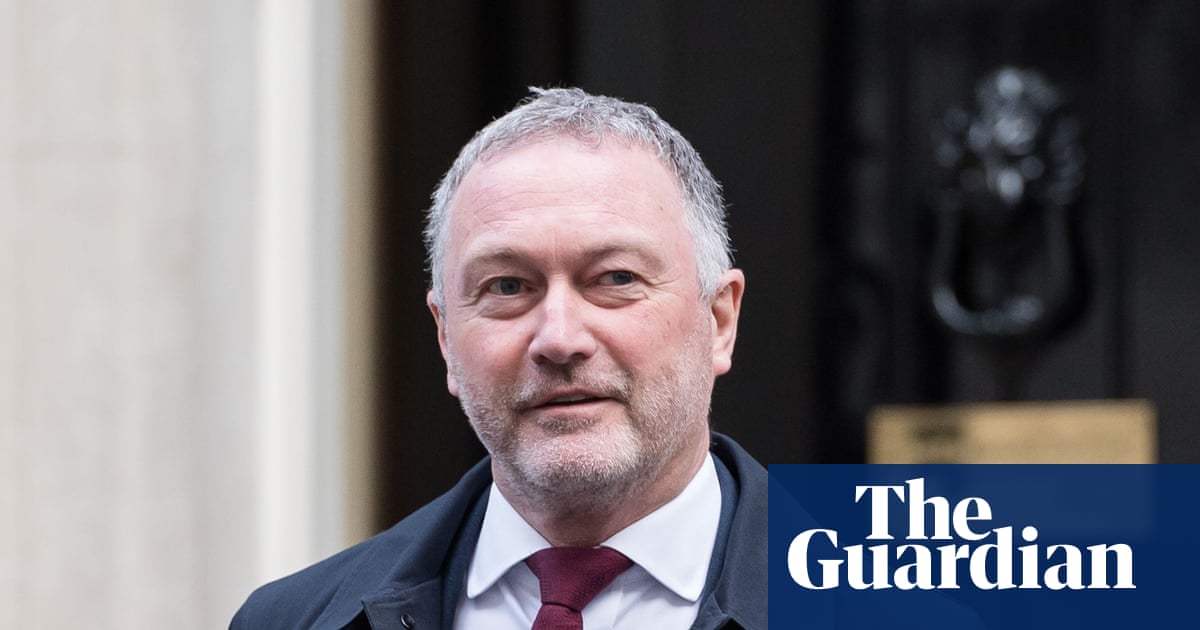Mayors and councillors in England could be suspended for up to six months for serious misconduct and repeated breaches of rules under government plans to tighten local‑government standards.
The proposals, set out on Tuesday, would give local authorities powers to suspend councillors and mayors found guilty of bullying, assault or persistent rule‑breaking, and to withhold their allowances. Ministers say the measures, to be introduced through parliamentary legislation, aim to restore public confidence in local government.
Local government secretary Steve Reed said he was determined to “root out those who bring the system into disrepute”, adding that a small minority behaving badly is unfair to hard‑working councillors and taxpayers.
The government pointed to two cases this year in which councillors were convicted of serious offences but remained in post until handed prison sentences. In January a Torridge district councillor, Len Ford, was jailed for 18 weeks after a sustained tirade of abuse towards the council’s head of legal, Staci Dorey, including calling her “corrupt, dishonest, Hitler and a disgrace to the human race”. Dorey had cameras installed at her home amid fears for her safety and considered leaving her job.
In March Paul Ockelton, a Tewkesbury borough councillor, was convicted of sexually assaulting a girl under 13. Richard Stanley, the Liberal Democrat leader of the council, said he took all legally available steps when he became aware of the allegations, but Ockelton initially refused to resign and only stepped down after conviction.
The reforms could also affect councillors seeking election abroad: Reed said he was “appalled” by cases of Tower Hamlets councillors launching campaigns to stand in elections in Bangladesh.
A mandatory code of conduct for representatives across all types of local authorities in England would be introduced under the plans. The government cited a consultation in which 94% of respondents supported a code of conduct and 86% backed powers to suspend councillors for serious breaches.
Angela Rayner, who was local government secretary until September, first set out similar proposals in a speech to local government leaders last October, warning of persistent bullying and harassment by councillors that in some cases had forced victims to resign, and saying the system does not currently protect victims or empower councils to deal with unacceptable behaviour.
Local government minister Alison McGovern said the changes “will raise the bar and ensure swift, fair action where it’s needed most” and help attract the best candidates into local government so residents get the representation they deserve.
Ministers have announced other local‑government changes recently. This summer they gave councils greater flexibility over when to hold remote and hybrid meetings. Last month Reed criticised councils introducing four‑day working weeks, arguing such trials risked damaging public services and value for money. He wrote to South Cambridgeshire district council, the only authority to have formally trialled a four‑day week for staff so far, saying offering 100% pay for 80% of the workload was not in line with government policy.




